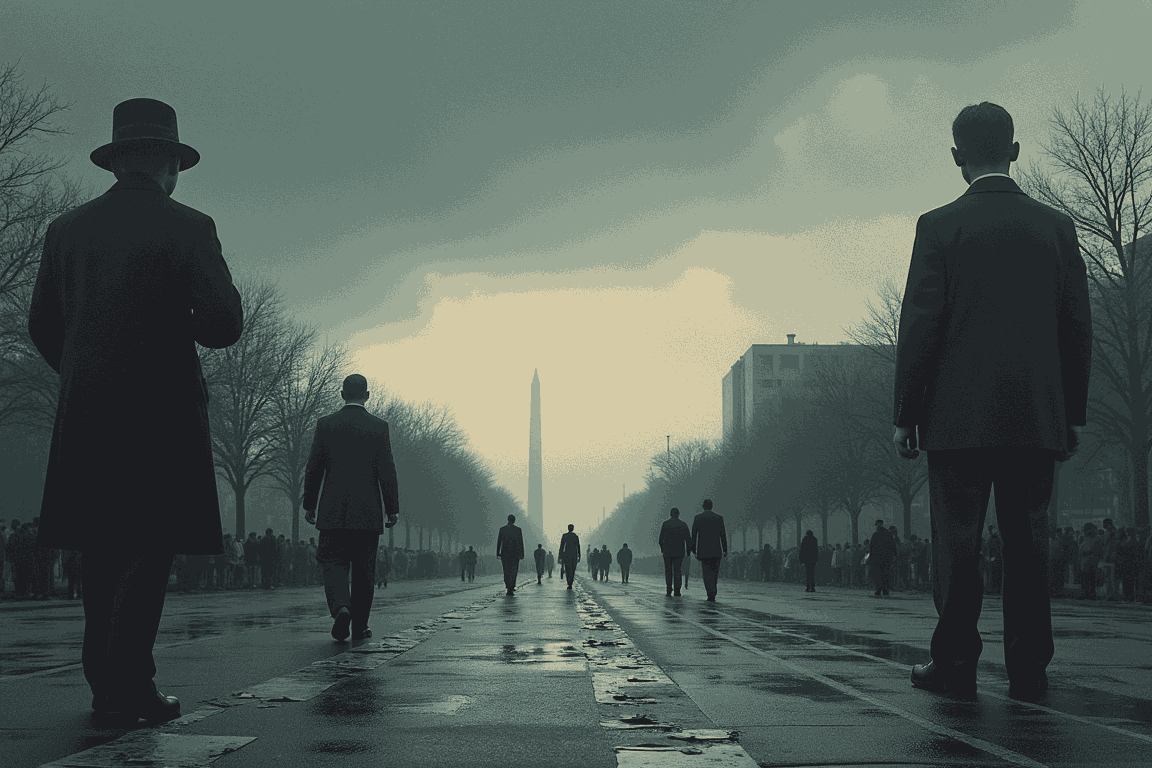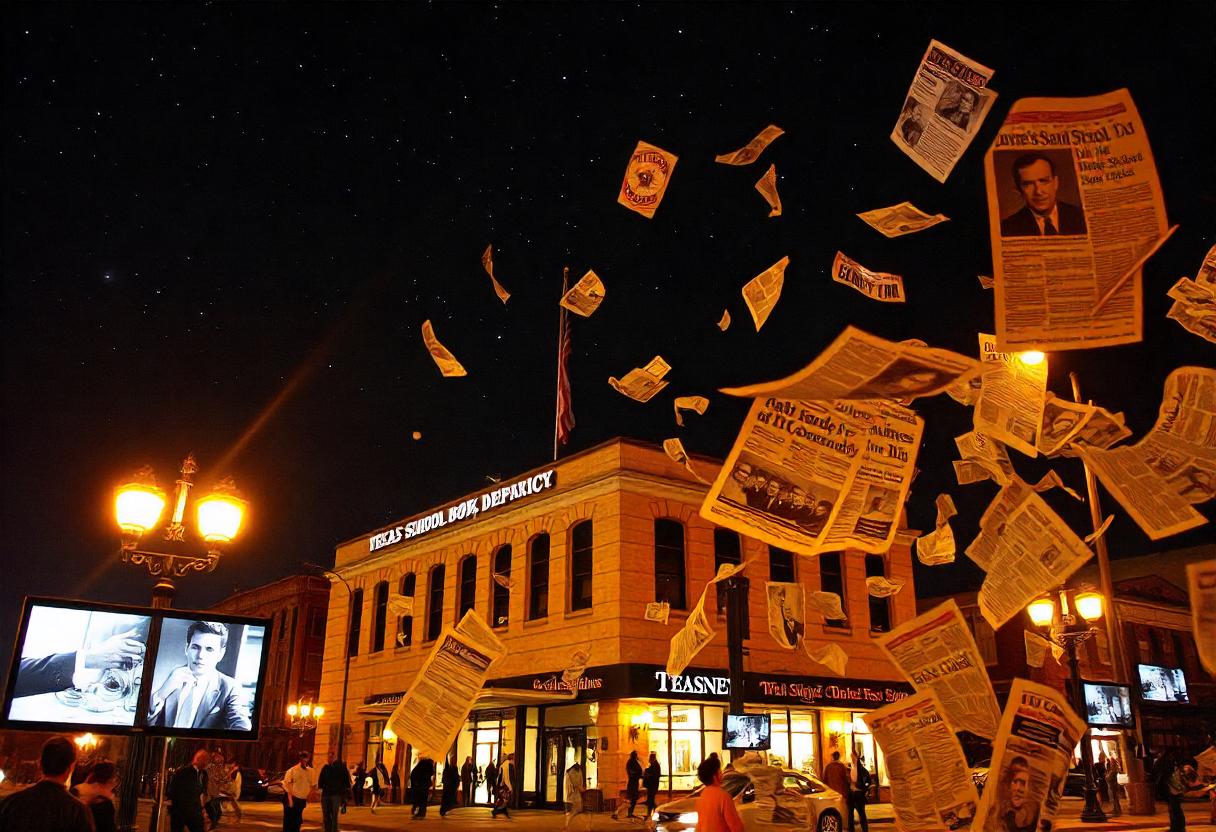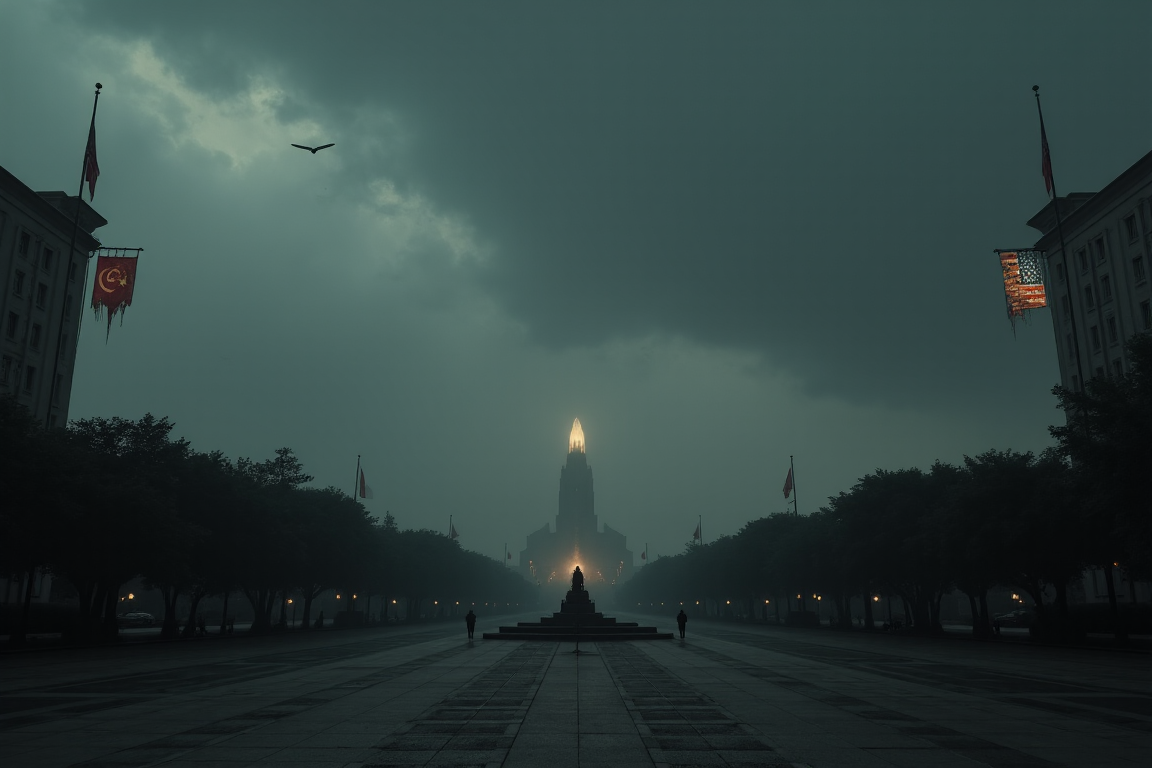The assassination of President John F. Kennedy on November 22, 1963, remains one of the most haunting and controversial events in American history. Beyond the immediate shock and grief, the tragedy in Dallas sparked a web of questions, investigations, and theories that continue to captivate historians and the public alike.
This profound narrative delves into more than just the forensics and timelines. It explores the psychology and societal forces that shaped that fateful day. What motivated Lee Harvey Oswald? Was he a lone gunman, or was he a pawn in a larger conspiracy? As we revisit the intricate details of Cold War espionage, media narratives, and political unrest, a new understanding emerges—one that challenges the assumption that Oswald’s guilt is merely about where the bullets landed.
The Kennedy assassination did not just end a presidency; it fractured America’s sense of innocence and unity. The dominoes that began falling in Dallas continue to influence today’s political polarization. This book offers a fresh examination, not only of what happened but why it matters now.



